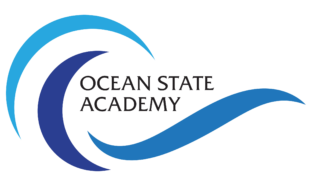RELATED SERVICES

When a student’s IEP (Individualized Education Program) calls for related services to attend to that child’s special needs, Ocean State Academy provides those services in full alignment with the student’s personalized plan and in full compliance with all state- and district-level mandates and regulations. These services may include:
- Speech-Language Pathology & Audiology Services
- Occupational Therapy
- Physical Therapy
- Psychological Services
- Psychiatric Consultation
- Psychological-Educational Assessments
- Early Intervention Services
- Social Work Services
- Parent Counseling & Training
Some related services (also known as “ancillary services”) are delivered by qualified in-school staff, and others are provided by certified clinicians/therapists and licensed professionals/paraprofessionals we partner with specifically to service each area of need.
In addition to IEP-prescribed services, Ocean State Academy supports our students’ social-emotional growth and well-being by integrating a variety of therapeutic applications and approaches into our everyday routines. We endorse a “wraparound” view of special education, involving all concerned parties in a student’s individualized intervention and treatment plan to maximize impact, sustain and build upon improvements, and reinforce academic and behavioral goal-setting both in school and out. Accordingly, areas of concentration include:
Individual & Group Counseling: Counseling plays a very large part of our comprehensive programming, both in systematic ways — like planned weekly one-on-one sessions — and spontaneous ways, as needed to deal with student issues that arise in the classroom in real time. Our counselors work with the students on both specific issues identified in their IEPs or by their education team, as well as in smaller groups, on relevant and age-appropriate topics. When applicable and recommended, BIPs (Behavioral Intervention Plans) are created and implemented.
Alternative Forms of Therapy: Ocean State employs a wide range of therapy modalities, as needed and as most beneficial, to attend to all facets of a child’s physical and mental health. Some of the alternative techniques we practice indoors and out include: movement therapy (exercise, yoga, kinesthetics), sand tray therapy, play therapy, art therapy, music therapy, and meditation therapy.
Life Skills & Social Skills Training: As a critical step in equipping our students with capabilities and proficiencies that will allow independent, autonomous adulthood and successful participation in mainstream society, our program features both formal and informal social skills and life skills instruction. Sample life skills include: balancing a checkbook, personal hygiene, grocery budgeting and shopping, laundry. Sample social skills include: anger management, effective communication, active listening, relationship building, coping with peer pressure.
School Clubs & Groups: Peer-to-peer interaction is one of the most powerful forms of behavior therapy, offering students opportunities for leadership, organizational skills, creative thinking, problem solving, and expression of personal interests. We therefore encourage and assist our students in forming and maintaining ongoing group activities that build trust, camaraderie, and collaborative teamwork, such as yearbook committee, newsletter staff, girls’ and boys’ support groups, crafts, gardening, and graphic novels clubs, cleanup crews, and charitable drives.
Crisis Intervention: Ocean State staffers are fully trained and prepared to swiftly and efficiently manage any kind and size of crisis or potential crisis that might arise in the course of a school day. All students are fully aware of the school’s clear set of classroom rules and expectations, along with their accompanying rewards and consequences. However, on the rare occasions when frequent behavioral difficulties persist, there is a fixed, sequential system in place whereby our staff members employ a series of strategies that range from “no intervention/ignoring” techniques, to peer redirection approaches, positive reinforcement methods, and de-escalation measures. Students are never without adult supervision, and their safety is ensured at all times.
Family Services: Our school social workers are happy to assist families seeking services in any way possible, such as providing referrals to community resources and agencies, alignment of home/school expectations, healthy and productive family interactions, regular student check-ins, and planned trainings/workshops in response to parent requests.
Family Involvement: Fundamental to the success of children struggling with behavioral, social, and emotional problems is the engagement of their families (particularly parents/guardians) — knowing that they’re committed to and care about their welfare and best interests. So we both strongly encourage and actively elicit family participation through such means as regular calls home, open and consistent communication, invitations to school functions, inclusion in support team meetings, and parent support and education groups.

